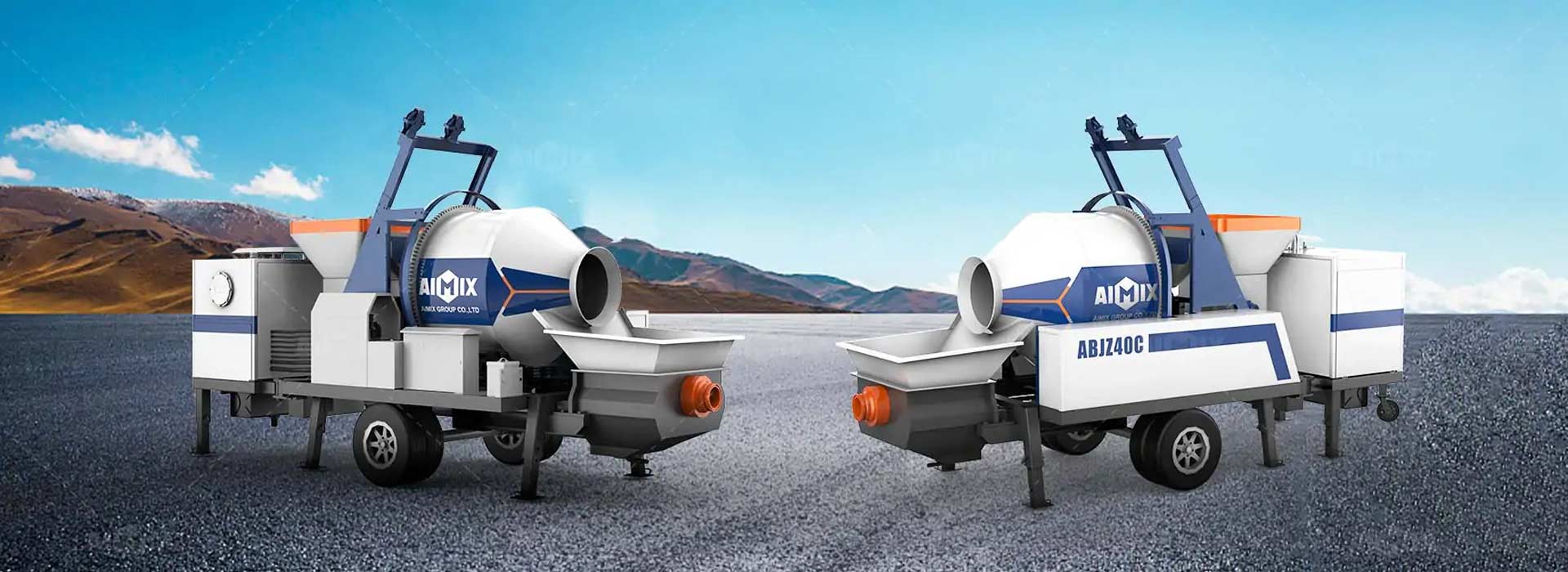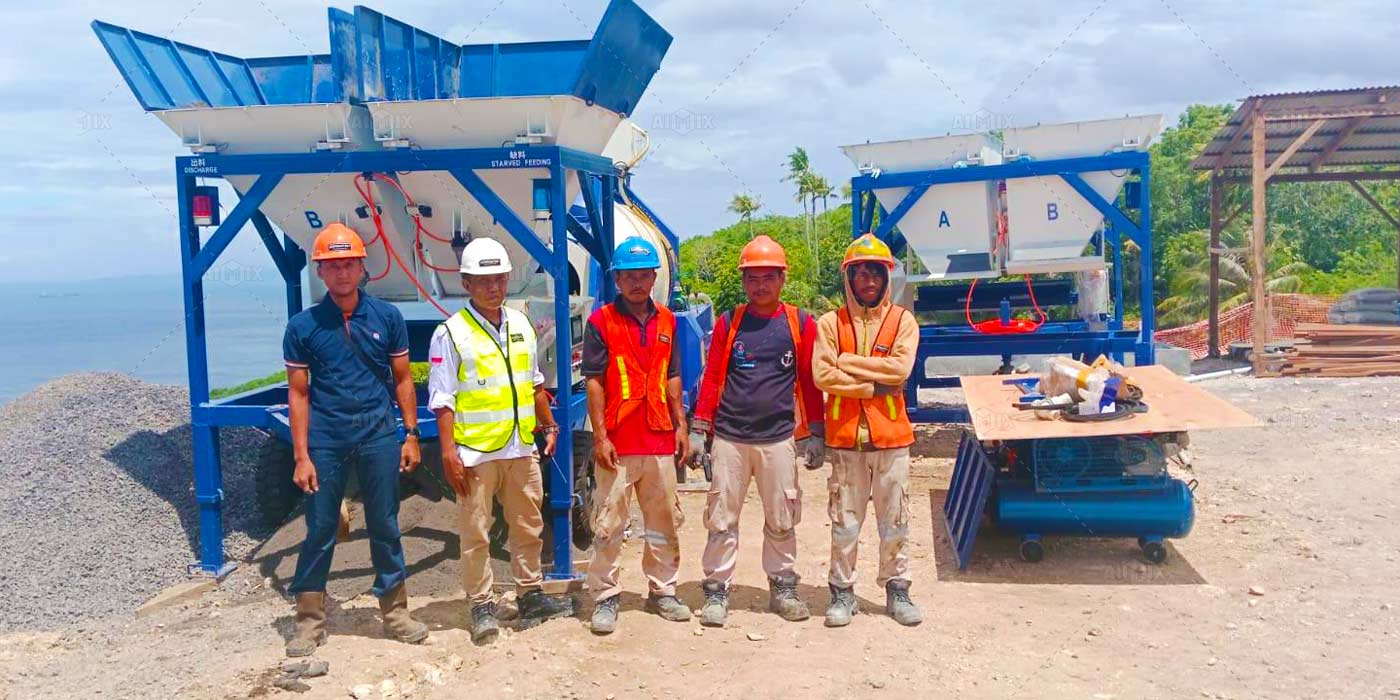Diesel or Electric Concrete Mixer with Pump
When selecting a concrete mixer pump, one key decision is whether to choose a diesel or electric concrete mixer with pump. Each type has advantages and is suitable for different project conditions. Understanding these differences can help you make the best choice for your construction needs.
Contents |
[edit] Comparing Diesel and Electric Concrete Mixers with Pumps
To decide which is better for your project, you need to compare the two based on critical factors such as power supply, mobility, efficiency, and cost.
[edit] 1. Power Supply and Availability
Diesel concrete mixer with pump does not require an external power source. They are ideal for remote construction sites where electricity is limited or unavailable. In contrast, electric mixers depend on a stable power supply, making them suitable for urban projects with reliable electricity.
[edit] 2. Mobility and Flexibility
Diesel-powered mixers are more mobile since they are not restricted by power cords. They can be used in various locations without worrying about access to electricity. Electric mixers, on the other hand, need to be connected to a power source, which can limit their movement on-site.
[edit] 3. Efficiency and Performance
Both types of mixers offer high efficiency, but diesel models generally provide more power. They can handle tougher materials and operate effectively in demanding conditions. Electric mixers, however, are quieter, produce no emissions, and require less maintenance.
[edit] 4. Operational and Maintenance Costs
Diesel mixers typically have higher fuel costs and require more maintenance due to engine wear. Electric models are more economical in the long run, as they have lower operating costs and require less frequent servicing.
[edit] Which One Should You Choose?
Your choice depends on your project’s location, budget, and work environment. If you are working in a remote area, a diesel mixer is the best option. If your project is in an urban setting with reliable electricity, an electric concrete mixer pump may be the better choice.
Featured articles and news
Repairing historic stone and slate roofs
The need for a code of practice and technical advice note.
UKCW London to tackle sector’s most pressing issues
AI and skills development, ecology and the environment, policy and planning and more.
Managing building safety risks
Across an existing residential portfolio; a client's perspective.
ECA support for Gate Safe’s Safe School Gates Campaign.
Core construction skills explained
Preparing for a career in construction.
Retrofitting for resilience with the Leicester Resilience Hub
Community-serving facilities, enhanced as support and essential services for climate-related disruptions.
Some of the articles relating to water, here to browse. Any missing?
Recognisable Gothic characters, designed to dramatically spout water away from buildings.
A case study and a warning to would-be developers
Creating four dwellings... after half a century of doing this job, why, oh why, is it so difficult?
Reform of the fire engineering profession
Fire Engineers Advisory Panel: Authoritative Statement, reactions and next steps.
Restoration and renewal of the Palace of Westminster
A complex project of cultural significance from full decant to EMI, opportunities and a potential a way forward.
Apprenticeships and the responsibility we share
Perspectives from the CIOB President as National Apprentice Week comes to a close.
The first line of defence against rain, wind and snow.
Building Safety recap January, 2026
What we missed at the end of last year, and at the start of this.






















